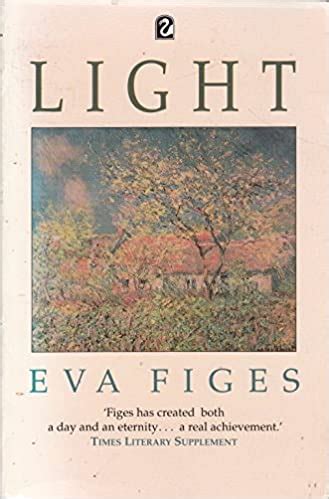Top 10 Quotes & Sayings by Eva Figes
Explore popular quotes and sayings by an English author Eva Figes.
Last updated on April 14, 2025.
Monarchs not only fashion their age, but are fashioned by it, so that they can become a sort of personification of the age. If Elizabeth I, independent, strong, represents the age of Shakespeare's heroines, a woman's heyday, Victoria represents another image of womanhood, predominant in the nineteenth century: a woman who, although queen in her own right, leaned on her husband, looked up to him, and went into perpetual mourning after his death. The feminist movement filled her with shocked horror and outrage.



















